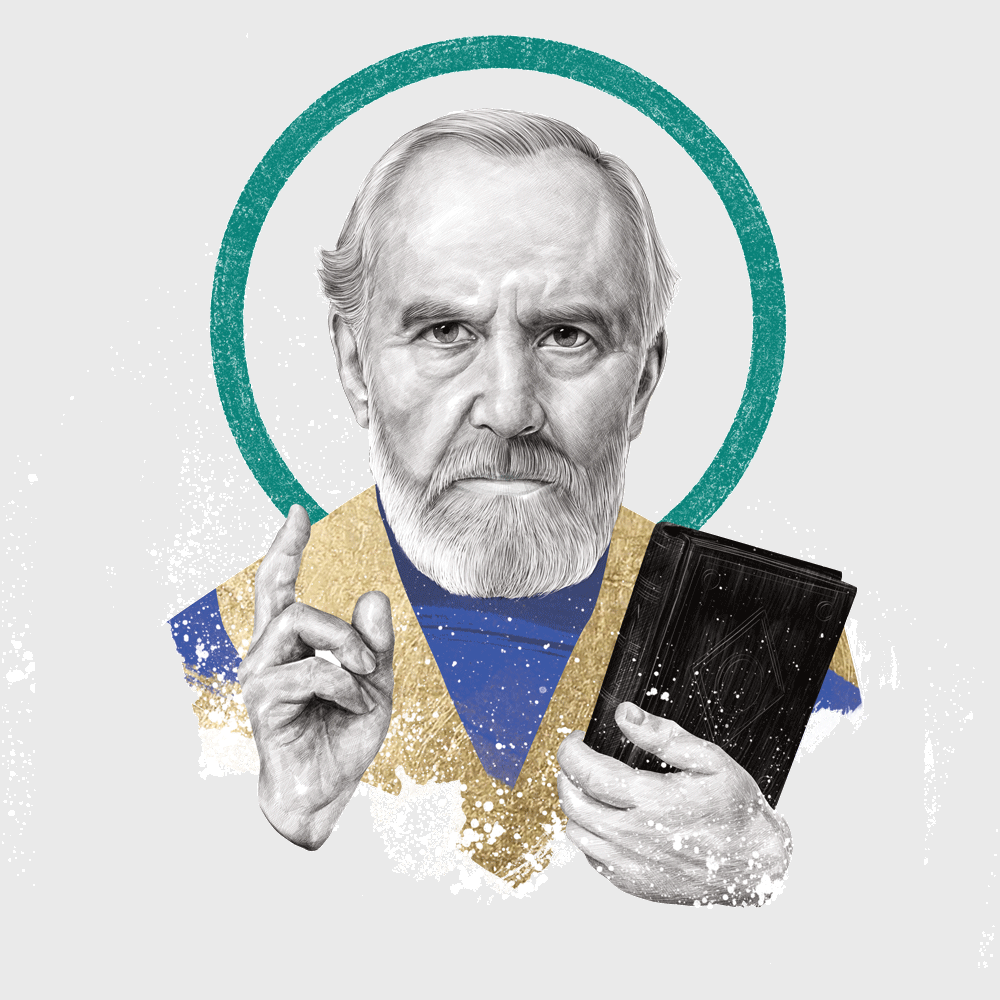Phoebe Palmer
Phoebe Palmer’s legacy as a theologian, preacher and advocate for women’s leadership continues to resonate in contemporary Christian circles.
A leading figure in the 19th century evangelical movement, Phoebe Worrall Palmer left an indelible mark on Christian thought and practice. Born in 1807 in New York City, Phoebe grew up in a devout Christian home where family worship was practiced daily.
One of Phoebe’s most significant contributions to Christian theology was her emphasis on the doctrine of entire sanctification as an experience following conversion. Drawing from her own spiritual experiences and Scripture, she taught that believers could reach a state of holiness in which they were freed from the power of sin and empowered by the Holy Spirit to live lives of radical obedience and love!
Additionally, Phoebe was a trailblazer for women’s leadership within the church. At a time when women were marginalized within churches, Phoebe broke barriers through leadership and her significant influence within the Methodist church. Her efforts paved the way for future generations of women to pursue ministry and leadership within the church.
Phoebe was also committed to social justice. Actively involved in prison ministry and advocacy for the poor and oppressed, she embodied the reality that true holiness must be expressed through acts of love and service to others.
No one exerted more profound influence on Catherine Booth, co-founder of The Salvation Army, then did Phoebe Palmer. While 22 years older than Catherine, Phoebe Palmer’s teachings and advocacy resonated deeply with young Catherine Booth. Inspired by Phoebe, Catherine embraced the theology of practical Christianity and empowerment that became central to her own work of social reform and ministry. Pheobe’s legacy lived on through Catherine’s transformative work. Both women played pivotal roles in shaping the landscape of evangelism and social justice in their time.
Palmer donated her home on East 15th Street in New York City to The Salvation Army. It became a home for unwed mothers. Later, the property became a general hospital—the forerunner of The Salvation Army’s Booth Memorial Medical Center in Flushing, NY.
Phoebe Palmer’s legacy as a theologian, preacher and advocate for women’s leadership continues to resonate in contemporary Christian circles. Her emphasis on the experiential dimension of faith, her advocacy for social justice and her pioneer efforts in women’s ministry have left an enduring impact on the church and serve as an inspiration for all who follow Christ faithfully and passionately.
So What?
What are your views on the concept of complete sanctification post-conversion as being liberated from sin and empowered by the Holy Spirit?



